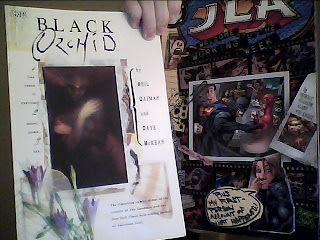Book: Where’d You Go, Bernadette
Author: Maria Semple
Published: 2012 (Little, Brown)
Pages: 336
This book has been staring at me from Barnes and Nobel for
months now, but it’s been a hardback and dammit, I can’t buy ALL the Art Deco
covers with interesting titles and actually read them before I die, but I
dearly want to, and fortunately my boyfriend gave this very one to me to hand
back to the library.
After checking it wasn’t due for another few days (I’m not a
complete heathen), I started it and kept going until I discovered where
Bernadette landed after she couldn’t take Seattle, its pretentious room
mothers, its Microsoft office, its bad drivers, her mysteriously disastrous
architectural past, and its people in general any longer.
SPOILER: It’s Antarctica, where her daughter wanted to take
a cruise with the family. But Bernadette was planning on chickening out but at
the last second she decided to go but by then her husband and his
administrative assistant decide to stage an intervention for her and an FBI guy
is tracking down the personal assistant Bernadette hired over the Internet
because it’s an identity scan.
Whew. Yeah. A lot of stuff happens, in the tradition of shit
collecting and sticking to more as it rolls downhill, and Bernadette’s daughter
learned about all of it from a package of documents that her arch enemy sends
her, so Bernadette’s daughter is able to track her down, hang out in the
subfreezing cold for a bit, and bring her back on the next flotilla out there.
I really liked the daughter adding her perspective in
between the documents she put together; her voice unites the different,
sometimes chaotic tone of all the emails and faxes and school letters and such.
I also liked the daughter as a general character. She’s smart without being
precocious and she takes certain things in her life for granted like kids from
a solid family does and uses that as fuel to drive her investigation about her
mom. She’s a good character to ground all the rest of this craziness in.
But what’s the big secret her mom keeps alluding to? I mean,
is it that giant disaster that drove her mom out of architecture thirty years
ago? Because they reveal that fairly early without really saying what a giant
secret it really is until later. Or is it the miscarriages Bernadette had
before she had a daughter who lived? But her surviving daughter already knows
about those before the story starts.
I don’t know. And it didn’t seem like a big deal to miss it,
because everyone goes home happy and loved and I really felt like they all
earned it. Good adventure that I had to turn in after it was over.







